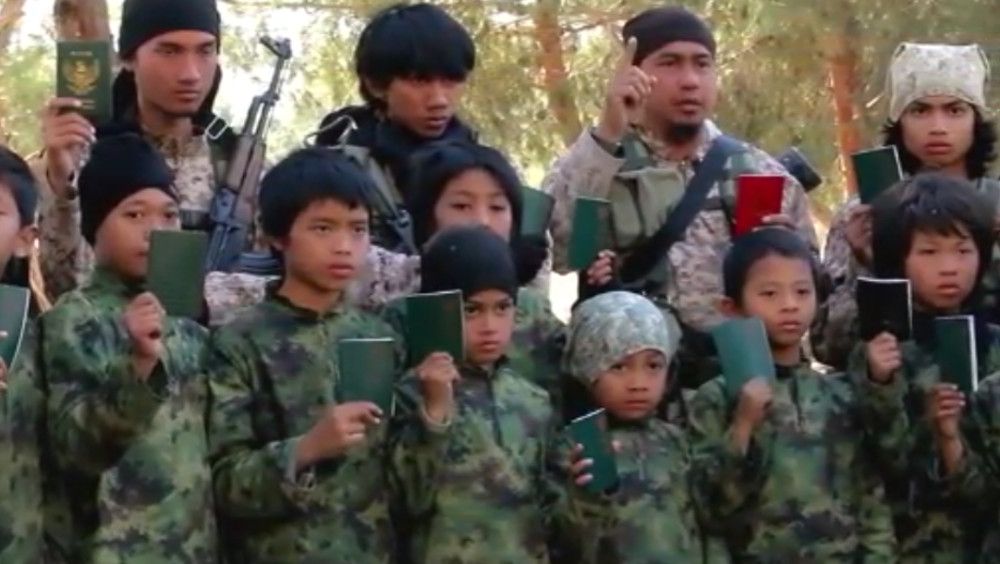Women and children aligned with terrorist groups leverage gender and age dynamics for their benefit by claiming ignorance of terrorist acts so as to minimize their culpability.
CVE
Indonesian children face an increased risk of online radicalization during COVID-19. This commentary discusses the challenges to prevent such radicalization while proposing how the involvements of social influencers may be a step forward.
The first of this two-part analysis explores the roles of women in terrorism in Indonesia since the 1950s to 2010s. It describes the limited roles women play in these radical movements and the reasons behind their subordination.
The second of this two-part analysis explores the roles of women in terrorism in Indonesia since the ISIS’ declaration of a caliphate in 2013. It describes the expansion of women’s role in terrorism; no longer hiding behind male nom de guerre.
Employing Terror Management Theory (TMT), this study sought to explore the impact of the symbiotic relationship between news media and terrorism on terrorism perpetrators.
Disengagement and deradicalization of individuals convicted of terrorism require a holistic approach that must continue after the individuals release from prison. This is to ensure that violence is not pursued by these individuals and their children.
Proposed changes to Indonesia’s Anti-Terrorism Bill could include revoking the citizenships of its citizens who participated in terrorism overseas. Is this the right way forward?






